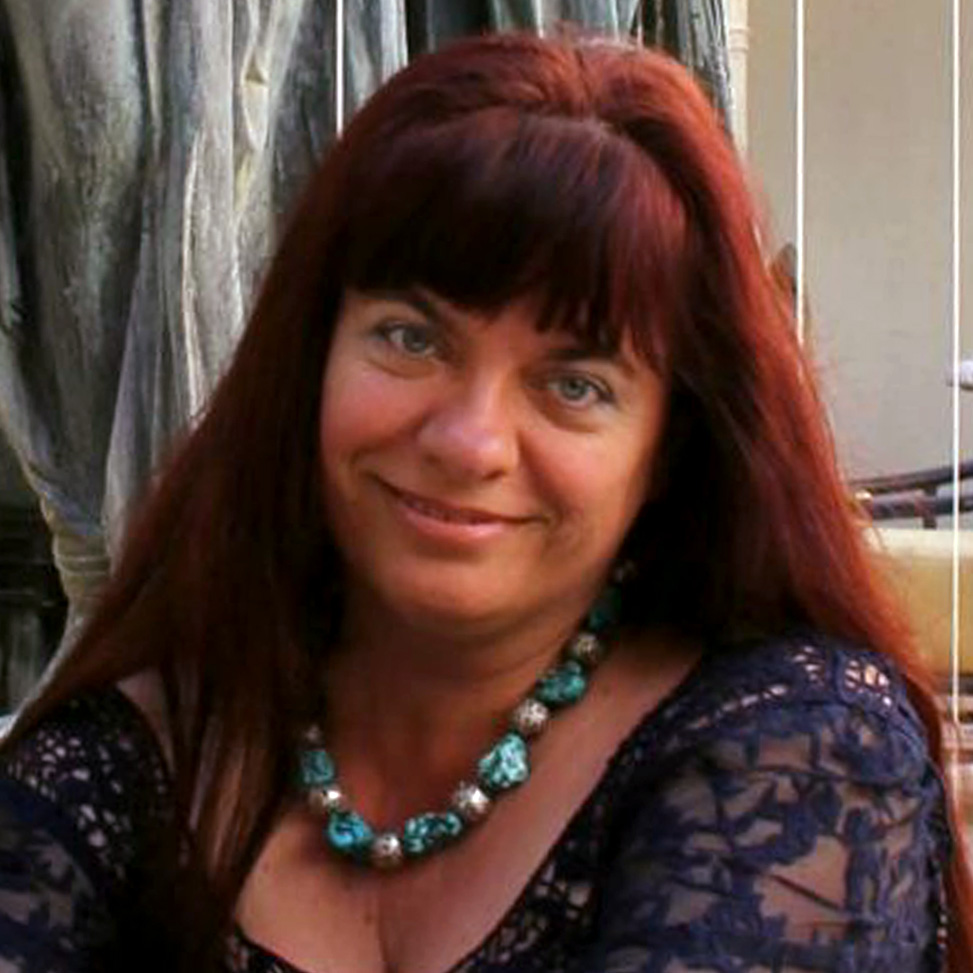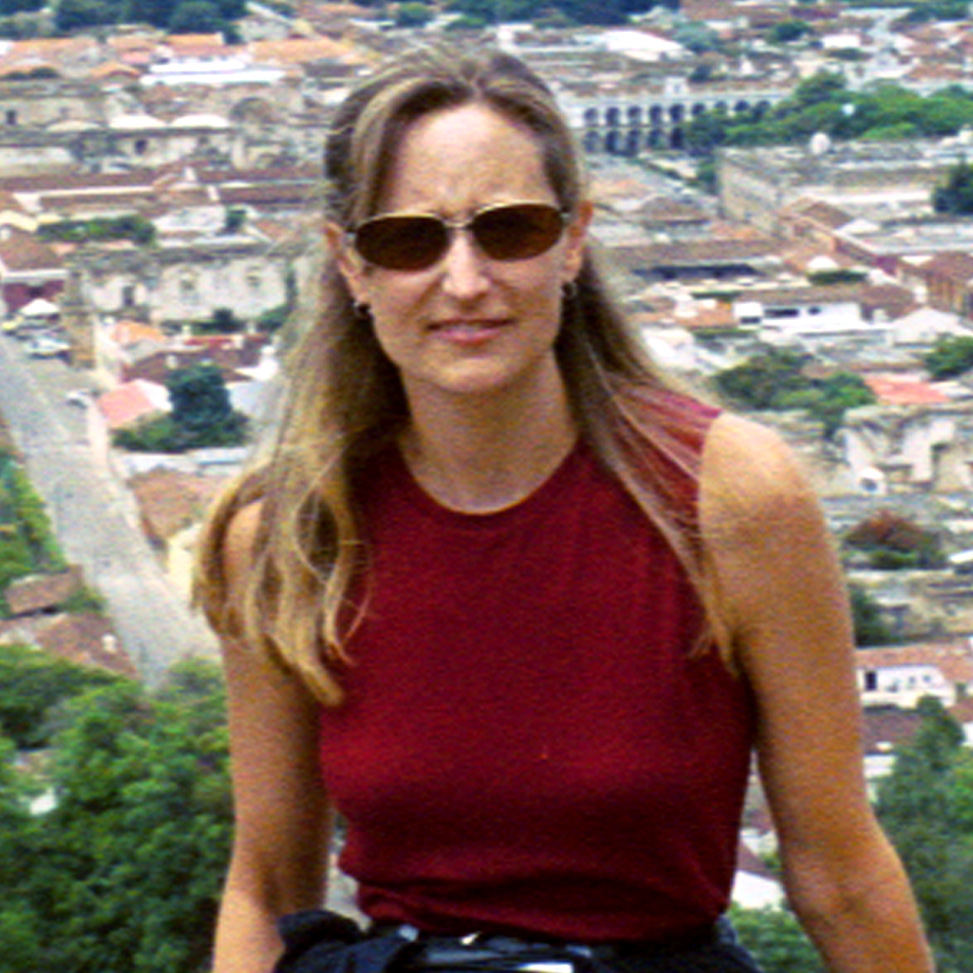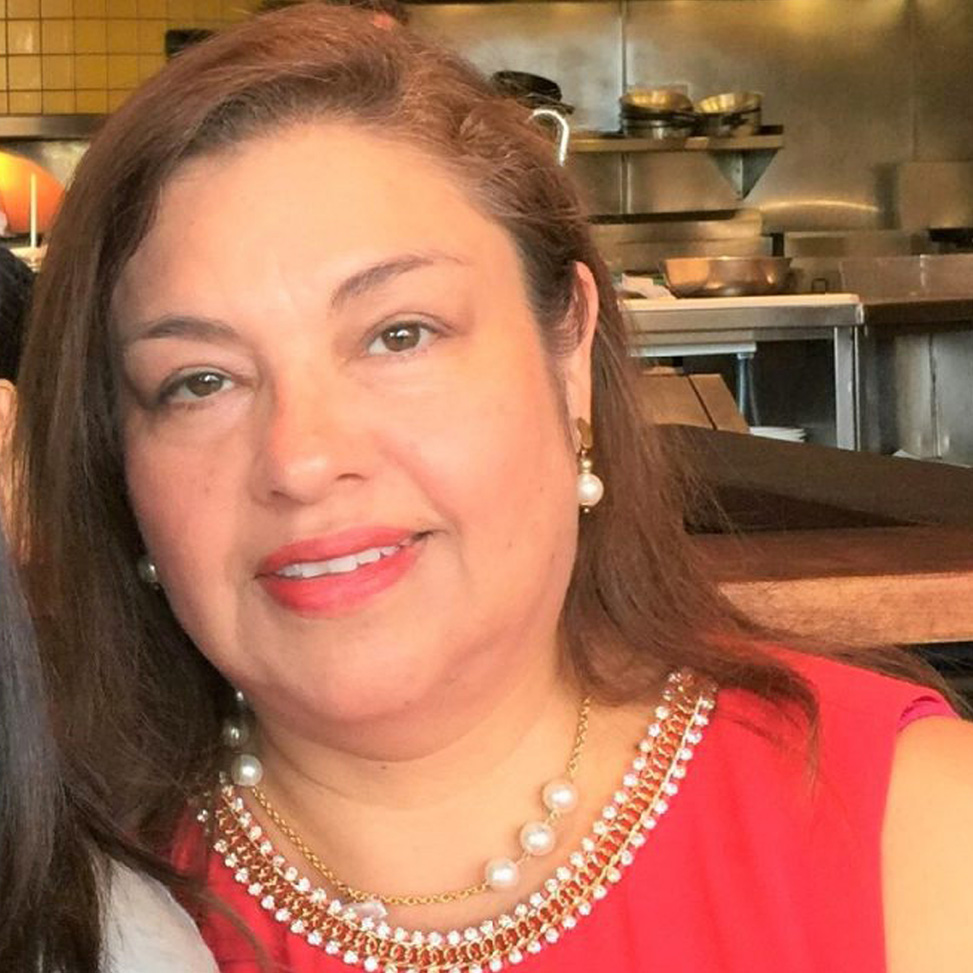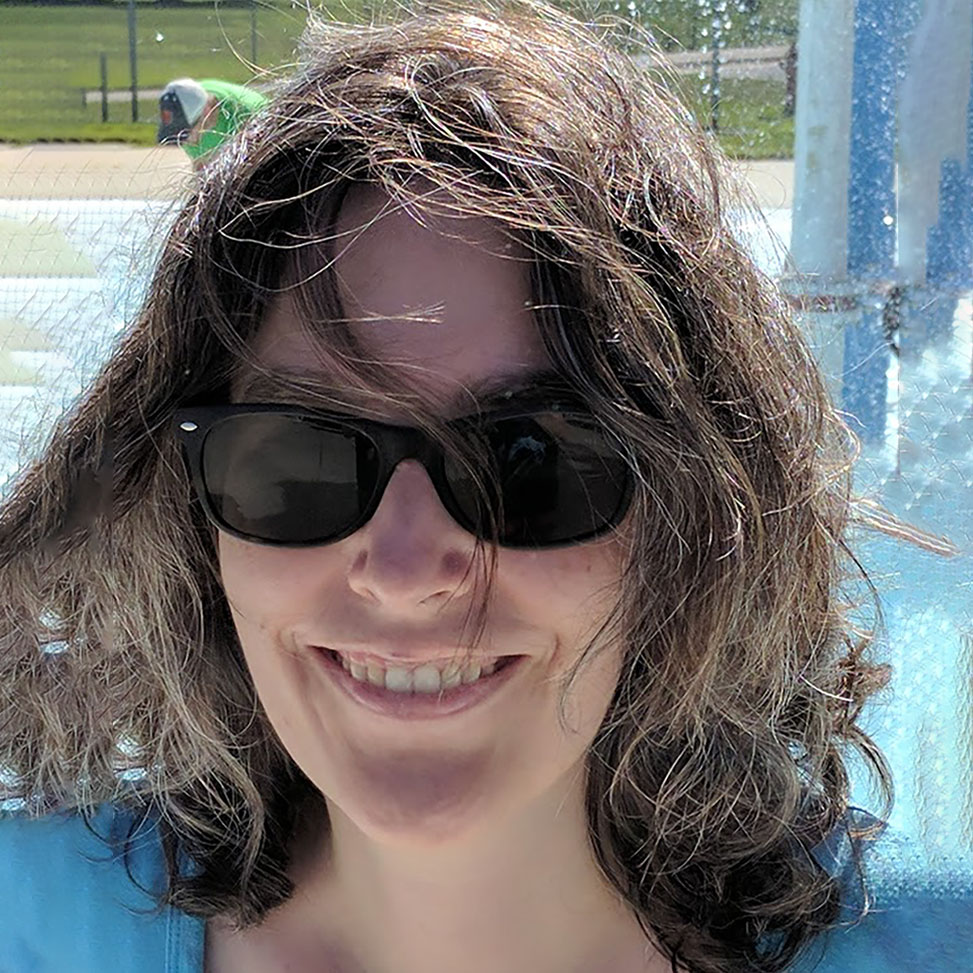SPAN 338
Trans-Atlantic Cultural Topics
The Cultures and Civilizations of pre-Columbian Spain and Spanish America
Instructor: Prof. Hélène de Fays
This course is an introduction to the history, cultures and societies of pre-Columbian Spain and Spanish America. Over the semester, the student will become familiar with the history and traditions of the various groups whose cultures form the basis for what we know today as the Hispanic world: Romans, Visigoths, Muslims, Jews, and Christians in Spain; Mayas, Aztecs, and Incas in pre-Columbian America. The course will give the student a better understanding of the conditions in which these cultures appeared and developed, the events that led to their growth, and the belief systems that shaped their societies. The student will explore the importance of a group’s worldview in determining its defining characteristics as a society (social, political, and economic structures) and influencing its creative and artistic production (literature, art, architecture, etc.). The various course materials (readings, films, artifacts, etc.) and the activities in which the student participates will invite reflection on the similarities and differences between ancient cultures and civilizations, as well as promote a critical debate about the student’s own culture and worldview.
[/toggle]This course analyzes Gothic in Latin America and Spain, and it explores women’s fears and social anxieties represented through this particular aesthetic in the 21st century. It is divided into 5 units which include an introduction to the Gothic aesthetic, its presence on social media, the relationship between Gothic and female bodies, monstruous figures, ghosts, and the representation of the house as a claustrophobic space for women. This course will provide the students with a better understanding of the Gothic and its intersections with Cultural Studies, and Women and Gender Studies. The various course materials and assignments will advance the student’s critical thinking and will develop their ability to analyze on how Gothic emerges in different media and its incorporation to suburban cultures. Students will develop an understanding in how Gothic embeds from the sociohistorical circumstances, and to think critically about the past, present, and future contributions of these works to a global world.
Prerequisite: SPAN 261 or SPAN 267
IDEAs in Action Gen Ed: FC-Global
Making Connections Gen Ed: GL
This course is an in-depth look at the history and cultures of Spain and Spanish America from the time of the Spanish Conquest in the sixteenth century until the beginning of the twentieth century. Over the semester, the student will become familiar with the political, economic, and social events, as well as the cultural traditions that have marked the societies that formed the Empire. They will explore the circumstances that allowed for the conquest of America by the Spaniards in the first place, the social, political, and economic foundations upon which the Spanish built and later administered the empire, the cultural movements and processes that took place in its various regions that gave them each a distinct identity, as well as the factors that lead to its decline and eventual unmaking. The various course materials (readings, films, artifacts, etc.) and the activities in which the student participates will invite reflection on the motivation for and consequences of the colonization of Spanish America, as well as promote a critical debate about the legacy of some of the institutions that date back to the Empire.
This course is an introduction to the history, cultures and societies of pre-Columbian Spain and Spanish America. Over the semester, the student will become familiar with the history and traditions of the various groups whose cultures form the basis for what we know today as the Hispanic world: Romans, Visigoths, Muslims, Jews, and Christians in Spain; Mayas, Aztecs, and Incas in pre-Columbian America. The course will give the student a better understanding of the conditions in which these cultures appeared and developed, the events that led to their growth, and the belief systems that shaped their societies. The student will explore the importance of a group’s worldview in determining its defining characteristics as a society (social, political, and economic structures) and influencing its creative and artistic production (literature, art, architecture, etc.). The various course materials (readings, films, artifacts, etc.) and the activities in which the student participates will invite reflection on the similarities and differences between ancient cultures and civilizations, as well as promote a critical debate about the student’s own culture and worldview.
Prerequisite: SPAN 261 or 267
This course is a panoramic and transatlantic approach to the Hispanic world through audio narratives produced in Latin America and Spain (narrative podcast). It is divided into six units which include history, diversity and culture, migrations, societies and politics, and biographical experiences. The course will provide the students with a better understanding of the history, struggles, politics and believes in which these cultures and societies are founded through individual narratives immersed in a specific historical and social moments and circumstances. The various course materials (podcast and readings) and the projects and activities will promote the student’s critical thinking in front of variety of social and cultural contexts, engaging them in a reflection on the similarities and differences between different countries, cultures and societies, including their own.
Prerequisite: SPAN 261 or SPAN 267
Prerequisite: SPAN 261 or SPAN 267
IDEAs in Action Gen Ed: FC-Global
Making Connections Gen Ed: GL




